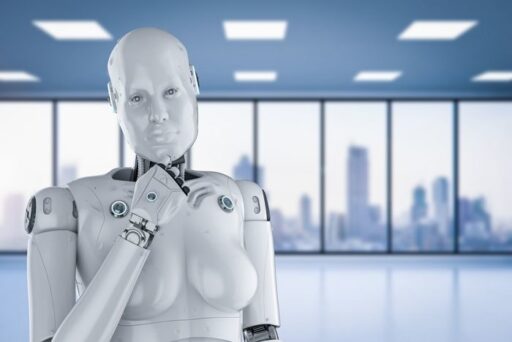AI Job Threat: Language Professions Such as Interpreters, Translators, and Writers are Most Vulnerable
Due to the rapid advancement of artificial intelligence (AI) technology, human jobs are facing a serious threat.

According to the British daily Daily Mail on the local date of the 1st, a research team from Microsoft recently released a report analyzing 40 jobs that are likely to be replaced by AI and 40 jobs that are less likely to be replaced.
The research indicated that knowledge work based on text and face-to-face service sectors are at the highest risk of being replaced by AI.
In particular, interpreters and translators were identified as the top professions at risk of AI replacement, followed by writers, historians, political scientists, and journalists—occupations that primarily utilize language skills are exposed to high risk.
Occupations Primarily Utilizing Language Skills
AI Replacement Risk Expands to Service Jobs such as Flight Attendants and Sales Representatives
The threat of AI is not limited to language-related professions.
As generative AI technologies like ChatGPT continue to improve in natural language processing and meaning interpretation, jobs previously considered safe for "knowledge workers" can no longer be guaranteed.

Jobs that involve interacting with people, such as flight attendants, customer service representatives, and salespeople, are also becoming increasingly vulnerable to replacement due to AI's rapid learning capabilities and advancements in automation technologies.
These job categories account for approximately 4 million employed individuals in the United States alone, so if AI replacement becomes a reality, it is expected to have significant repercussions on the labor market.
On the other hand, occupations that require advanced skills yet involve field-based work, such as bridge and dam managers, and water treatment plant operators, have been analyzed as having the lowest risk of AI replacement.
This is because current AI technologies still show limitations in precise physical manipulation and immediate responses to physical environments.
Experts warn, "AI is now learning beyond simple repetitive tasks to include emotions, language, and judgment, intruding into areas unique to humans," and emphasized the need to redefine essential capabilities that require human intervention across various industries.
Image Source: Reference photo for understanding the article / gettyimagesbank


